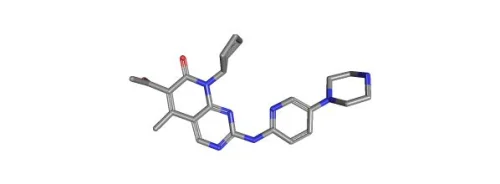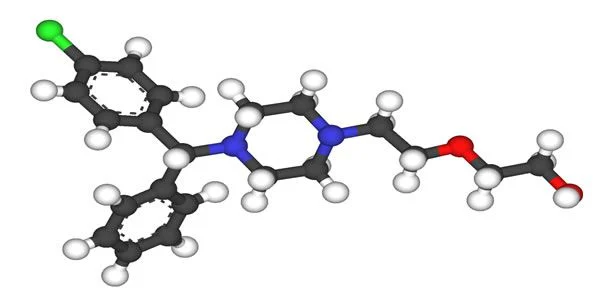The European Medicines Agency (EMA) has announced that physicians should take precautions when prescribing the antihistamine hydroxyzine as it can cause potentially fatal arrhythmias.
Hydroxyzine is approved for the treatment of anxiety disorders, sleep disorders and pruritus. It is also used as a premedication before surgery and is used off label as an antiemetic/antinausea agent.
The EMA's Pharmacovigilance Risk Assessment Committee (PRAC) recently reviewed the safety of hydroxyzine and has confirmed that there is a small but definite risk for QT interval prolongation and tosades de pointes, which can trigger ventricular fibrillation.
The PRAC recommendations are based on a comprehensive review of available evidence that includes published studies, data from regular safety monitoring and consultation with experts in the treatment of both children and elderly. PRAC notes that the risk of QT interval prolongation and torsade de pointes is more likely to occur in patients who already have risk factors and therefore it is important to restrict the use of hydroxyzine in this patient population.
The committee has outlined conditions under which hydroxyzine should be prescribed:
- At the lowest effective dose possible
for the shortest time possible.
- Not to be used in patients with known
risk for heart arrhythmias or who are taking drugs that could increase the risk
of QT prolongation.
- The daily dose of the drug should not
exceed 100mg in adults and 2mg per kg of body weight in children weighing up to
40kg.
- The drug is not recommended for the
elderly and in case its use cannot be avoided, the maximum recommended daily
dose for this age group is 50mg.
- Care should also be taken in patients
taking medicines that slow the heart rate or decrease the level of potassium in
the blood as both these factors can increase the risk of problems with heart
rhythm.
PRAC has also recommended that the use of hydroxyzine should be continuously monitored and precautions should be taken in order to protect the public.
PRAC's recommendation will now go to EU's Coordination Group for Mutual Recognition and Decentralised Procedures -Human for any further action that may be required. The regulatory agency represents individual EU member states.
Source: European Medicines Agency
Image Credit: Wikimedia Commons






